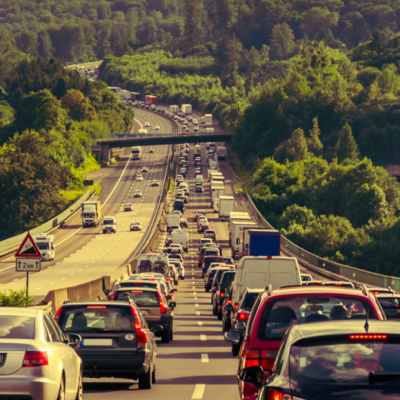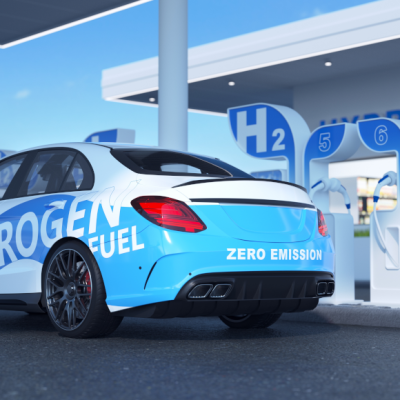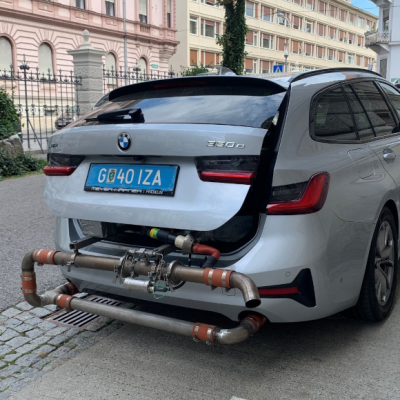Despite the fuel discount, gasoline and diesel remain expensive. TomTom data now shows whether high fuel prices have led to adjusted driving behavior in Germany. The ACE Auto Club Europa e. V. (ACE) is now calling for a general speed limit of 100 km/h on highways due to the Ukrainian war and high gasoline and diesel prices. “With a general speed limit of 100 km/h on highways, fuel consumption could be reduced by over three billion liters. This would also save over nine million tons of CO?,” explains Claudia Kemfert from the German Institute for Economic Research (DIW). In addition to a change in driving behavior, the so-called fuel discount should significantly reduce fuel prices in Germany and thus relieve drivers. However, gasoline and diesel did not become cheaper as a result.
An exclusive data analysis by TomTom, which was provided to ARD, has therefore examined whether the still high fuel prices have prompted drivers in Germany to drive slower. In February 2022, before the major fuel price increase, the average speed on highways was 105 km/h. In May 2022, according to TomTom, it was almost unchanged at 104 km/h. “But this is mainly due to the fact that construction measures have increased. Germans drive like they used to, and money doesn’t seem to matter,” explains data analyst Ralf-Peter Schäfer. A detailed analysis of the average value reveals that about a quarter of drivers drive between 130 km/h and 150 km/h, thus not taking advantage of the high fuel-saving potential. A survey by the business magazine Plusminus reveals the reasons for this paradoxical behavior. Many Germans continue to drive fast despite high fuel prices because they feel peer pressure from other fast cars, because their employer covers the fuel costs, or because they are under high time pressure.
According to traffic psychologist Michael Haeser, fast driving leads to a reaction in the human body. “The faster I drive, the more adrenaline the body produces. At the same time, endorphins are released, which are incredibly fun,” explains Haeser. Therefore, emotions are primarily decisive when driving fast, not conscious decisions.










